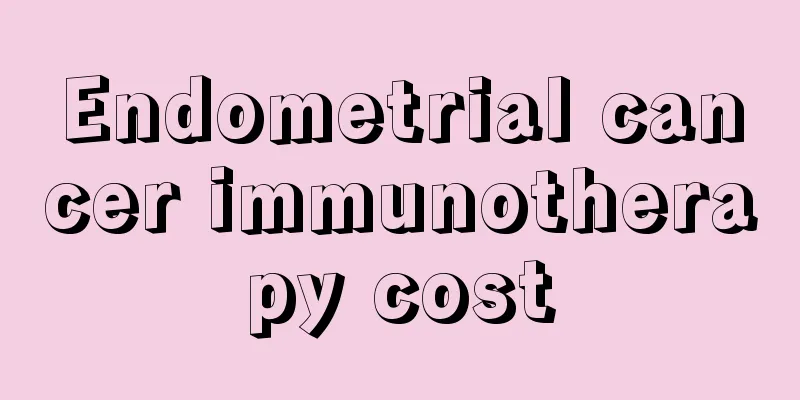Causes of recurrence of nasopharyngeal carcinoma

|
In daily outpatient clinics, we often encounter patients with recurrence of nasopharyngeal carcinoma. Due to repeated radiotherapy, the bilateral masseter muscles and salivary glands have become fibrotic or atrophied, resulting in difficulty opening the mouth, severe dry mouth, eating and speaking disorders. Some even have stubborn secretory otitis media, repeated ear stuffiness, pus discharge from the middle ear, and a significant decrease in hearing. All of these have seriously affected their quality of life. Some patients even gradually develop cachexia, gradually lose weight, and finally die from reasons other than nasopharyngeal carcinoma itself, such as malnutrition. When it reaches this stage, there is no special way to reverse it. Little do people know that for nasopharyngeal carcinoma, a malignant tumor of the head and neck that is highly prevalent in our southern provinces, although its initial treatment is mainly radiotherapy, for those residual tumors after radiotherapy, or those tumors that are controlled after radiotherapy but recur, radiotherapy or chemotherapy are not very sensitive. However, if salvage surgery is adopted, such as endoscopic skull base minimally invasive surgery and other methods for treatment, the quality of life after surgical treatment is much higher than that of repeated radiotherapy, and the survival time is also better than the treatment methods of repeated radiotherapy and chemotherapy. Zhou Jianbo, Department of Otolaryngology, Hunan Provincial People's Hospital Endoscopic minimally invasive surgery for recurrent or residual nasopharyngeal carcinoma is a salvage surgery for patients without metastasis to the neck or other parts of the body. For example, endoscopic minimally invasive surgery utilizes the natural passages of the human nasal cavity to reach the nasopharynx under the guidance of special endoscopic surgical equipment, and removes the recurrent or residual lesions in the nasopharynx while ensuring a sufficient safety margin. Postoperatively, small doses of radiotherapy can be supplemented preventively, thus avoiding to the greatest extent the side effects of repeated radiotherapy on the head and neck, such as neck stiffness, masseter muscle rigidity, difficulty opening the mouth to eat, salivary gland fibrosis, stubborn dry mouth, and stubborn secretory otitis media, significantly improving the quality of life of patients. It is recommended that nasopharyngeal carcinoma patients adhere to regular check-ups after the first radiotherapy treatment. For early recurrence or residual disease after radiotherapy, try to choose active treatment methods to achieve the treatment goal. |
<<: Causes of nasopharyngeal cancer
>>: What are the nursing methods for nasopharyngeal carcinoma
Recommend
How to deal with children's adolescent rebellion correctly
With the continuous development of modern society...
What are the risks of pregnancy for breast cancer patients
There are some things we don't know. Pregnanc...
The egg yolk is black
Under normal circumstances, the yolk of an egg is...
Is lymphatic detoxification useful?
Lymphatic detoxification is a very good detoxific...
Will stomach cancer cause constipation and farting?
Gastric cancer itself does not directly cause con...
How to cut the back of your hair to look good
Styling is something that people are very concern...
Is centipede poisonous
In our lives, centipedes are a common animal. Thi...
4 factors causing infection in laryngeal cancer surgery
Laryngeal cancer surgery is a contaminated surger...
Why does my whole body feel numb when I’m angry?
Many of our friends always can't help losing ...
The reason why the little toenail has two petals
Toenails and fingernails are corresponding tissue...
How to treat prostate cancer 6 methods recommended for treating prostate cancer
In recent years, the incidence of cancer has cont...
Experts explain common methods of treating prostate cancer
As people pay more and more attention to men'...
How to treat liver metastasis of lung cancer? In addition to lung cancer, there are these terrible cancers
People feel very scared when they hear about lung...
Does long-term sitting easily lead to cervical cancer? What are the tips for women to prevent cervical cancer?
Cervical cancer is a terrible thing. In real life...
Can colorectal cancer cause low back pain?
Colorectal cancer is a malignant tumor of the int...









